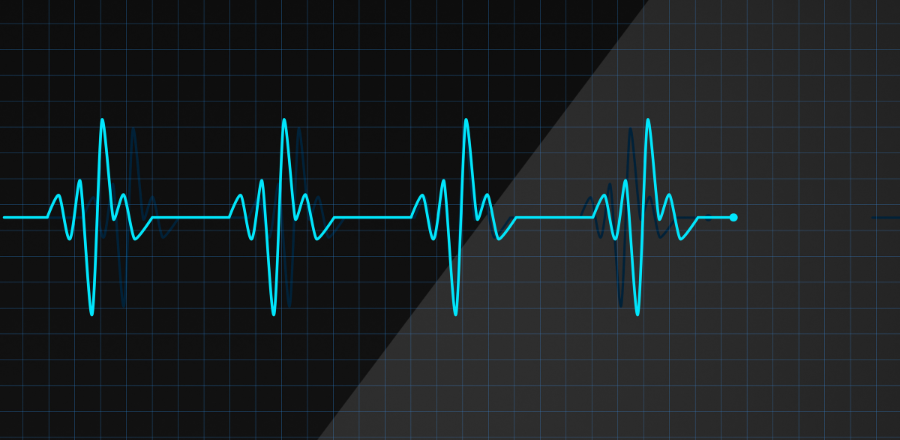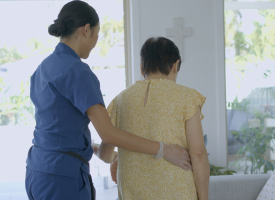GP rebates for ECGs must be restored
The Australian Medical Association is calling for patient rebates for GPs to interpret electrocardiograms (ECGs) to be restored in a submission to the MBS Review Advisory Committee’s (MRAC) Working Group on changes to ECG MBS items.

The MRAC review is of the decision by the previous federal government to all but scrap the Medicare rebate for GPs to perform electrocardiogram tests (ECGs) made in 2020 — a decision that faced strong opposition from the AMA at the time.
AMA President Professor Steve Robson said that since the relevant MBS items were removed in 2020, patients had faced higher out-of-pocket costs and delays in having their heart conditions managed.
“For the past three-and-a-half years, the AMA has been pushing for this ill-conceived decision to be overturned,” Professor Robson said.
“When a GP feels an abnormal pulse, they should be empowered to conduct an urgent ECG, as these tests can easily detect conditions such as atrial fibrillation.
“But without adequate Medicare rebates, these tests become more challenging to do and this leads to an entirely unnecessary delay to managing a patient’s care — all because of a decision made several years ago that still makes no sense to us.
“GPs are trained to interpret ECGs, particularly in an acute setting, but the decision made in 2020 to reduce the rebate to a pittance both undervalued general practice and increased barriers to care for patients.”
The AMA is also calling for the Government to implement the rebate structure for ECG items that was recommended by ECG Review Committee in January 2022, with appropriate adjustment for inflation.
Pre-operative ECGs may reveal unexpected issues with the heart that could lead to life-threatening complications during surgery, and the early detection of any cardiovascular condition is vital, so treatment for the patient can begin as quickly as possible.
“This is why the in-office test should be more accessible to patients — not less,” Professor Robson said.
“We must ensure GPs and their patients have access to appropriate rebates for the time and skilled required to both perform and interpret ECGs, otherwise Australians will continue to suffer unnecessarily with out-of-pocket costs and delayed care,” Professor Robson said.



